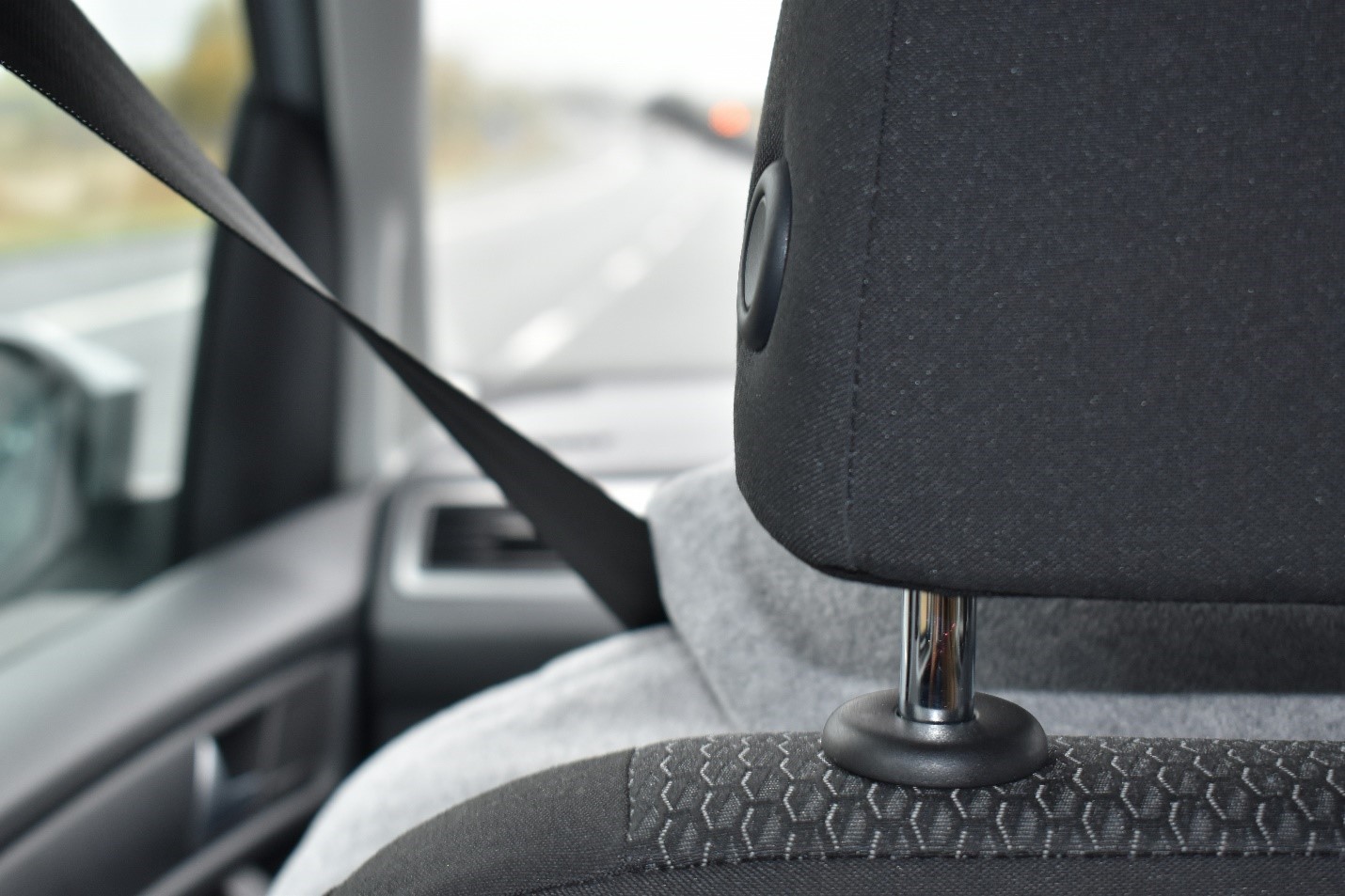It's true that sometimes, after a car accident, you might feel alright. No broken bones, no immediate pain, just a bit shaken. It can be confusing, even a little scary.
After all, shouldn't you be feeling worse?
You might have checked yourself over, surprised you don't have a single scratch, and gone about your day thinking, "Wow, that was lucky!"
But there's actually some interesting science behind why you might feel alright after a seemingly scary event.
Before we get into that, you should
consider hiring a car accident attorney, even if it seems like you’re okay. This attorney will guide you on the next best steps to take, including seeking medical attention and documenting it.
Let’s talk about the body's amazing response system, the factors at play, when it's okay to feel good, and when you should definitely seek medical attention.
Reasons You Might Feel Fine After an Accident
Here are some of the factors responsible for your seemingly good health after you’ve been in an accident.
The Body's Built-in Defense System
When we're in an accident, our nervous system kicks into high gear. It releases a surge of hormones that prepare us for fight or flight. This fight-or-flight response is what keeps you going in the immediate aftermath of an accident.
It explains why you might not feel any pain initially, even if you've sustained injuries. The body prioritizes survival by putting you in a state of heightened awareness and minimizing pain perception.
The first line of defense you experience is the
adrenaline rush. This hormone surges through your body in a split second, and this surge has several effects on the human body.
For starters, it boosts the senses significantly, which is why you might find yourself seeing and hearing things with incredible clarity in the aftermath of an accident.
It also triggers our body to release glucose, which is a readily available energy source, to fuel our muscles in case we need to take action. This can make you feel surprisingly energized after an accident.
Level of Shock
Another factor at play is the concept of shock. Now, this doesn't necessarily mean emotional shock, although that can happen too.
In medical terms, shock describes a state where your body struggles to deliver enough blood flow to vital organs. This can happen due to internal bleeding or injuries that affect blood circulation.
Here's the interesting part: sometimes, the body goes into a state of compensatory shock. It essentially tries to maintain blood pressure by constricting blood vessels and diverting blood flow to critical organs.
This can temporarily mask pain and make you feel surprisingly functional, even with an injury.
Level of Impact
The severity of your experience also depends on the type of accident. Low-speed collisions with minimal damage might not cause serious injuries.
Also, the way your body interacts with the force of the impact plays a role. A direct hit might have a significant impact, but if the force is distributed across a larger area, the damage might be minimal.
Then again, how your body absorbs the impact from the crash can also influence the immediate pain response.


Seatbelt Use
Seatbelts are lifesavers, literally. They distribute the force of an impact, preventing serious injuries.
Wearing a seatbelt can significantly reduce the risk of internal damage that might not be immediately noticeable. In car accidents alone, seat belts are estimated to have prevented over 374,000 deaths between 1975 and 2017.
Individual Response
Everyone reacts differently to stress. Some people might experience a surge of adrenaline that leaves them feeling surprisingly calm, while others might feel overwhelmed and anxious.
Conclusion
Your well-being is the most important factor after an accident. While feeling okay after an accident might seem like a stroke of luck, you have to prioritize a medical evaluation and be mindful of the potential for delayed physical or emotional consequences.

